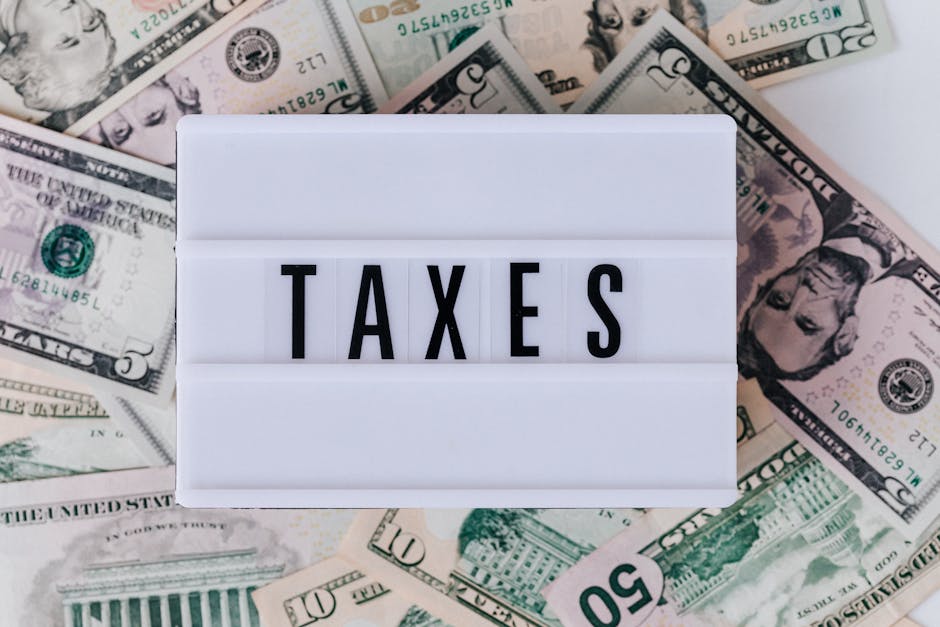Understanding the IRS Definition of Cash Tips
Cash tips, seemingly straightforward, present a nuanced challenge when it comes to tax compliance. The Internal Revenue Service (IRS) has specific guidelines on what constitutes a cash tip, how to report them, and the penalties for non-compliance. This comprehensive guide clarifies the IRS definition of cash tips, providing essential information for taxpayers to ensure accurate reporting and avoid potential tax issues.
What are Cash Tips According to the IRS?
The IRS defines cash tips as any money received directly from a customer as a gratuity or reward for services rendered. This includes currency, coins, and other forms of direct cash payment. It’s crucial to understand that the definition isn’t limited to traditional restaurant settings. Cash tips can be received in various industries, including but not limited to:
- Restaurants and bars
- Hotels and motels
- Taxi and rideshare services
- Salons and spas
- Barbershops
- Hair salons
- Retail stores
- Delivery services
- Tourism and hospitality
Essentially, if you receive money directly from a patron as a gesture of appreciation for your service, it’s considered a cash tip by the IRS.
Distinguishing Cash Tips from Other Forms of Income
It’s important to distinguish cash tips from other forms of compensation. For example, cash tips are different from:
- Regular Wages or Salary: This is compensation paid by your employer for your work, not directly from a customer.
- Service Charges: These are amounts added to a bill and collected by the establishment, then distributed to employees according to company policy. While they might be based on tips, they are not directly received from the customer.
- Bonuses: These are usually employer-provided, not directly from customers.
- Gifts: Gifts are generally not considered tips unless they are clearly given in exchange for a service.
The key differentiator is the direct exchange between the customer and the employee. If the money is given directly by the customer as thanks for service, it’s a cash tip.
Reporting Cash Tips to the IRS
Accurate reporting of cash tips is crucial for tax compliance. The IRS provides several methods for reporting:
1. Employee Report of Tips to Employer (Form 4070):
Employees are required to report their cash tips to their employer by the end of each month. This is done using Form 4070, Employee Report of Tips to Employer. This form allows the employer to include the reported tips in the employee’s W-2 form.
2. Employer’s Annual Reconciliation of Tip Income and Allocation (Form W-2):
Employers are responsible for accurately reporting all tip income on the employee’s W-2 form. This includes tips reported on Form 4070 and any additional tips the employer becomes aware of.

3. Employee’s Annual Tax Return (Form 1040):
Employees must report all tip income on their annual income tax return, Form 1040. This includes tips reported to the employer and any unreported tips.

4. Penalty for Underreporting Tips
Underreporting tips can lead to significant penalties. The IRS employs various methods to detect underreporting, including matching reported income with credit card transactions, employer records, and information from other sources. Penalties can include additional tax liability, interest, and even criminal prosecution in severe cases.
Record Keeping for Cash Tips
Meticulous record-keeping is essential for accurate tip reporting. Maintain a detailed log of all cash tips received, including:
- Date of receipt
- Amount received
- Source of the tip (e.g., customer name, table number)
This record-keeping is crucial for resolving any discrepancies between your reported income and the IRS’s records.
What if Tips are Paid in Other Forms?
While this guide focuses on cash tips, the IRS also addresses tips received in other forms, such as checks, credit cards, and gift cards. These must also be reported as income, and the method of reporting might vary. Consult IRS Publication 1244, Employee’s Report of Tips to Employer, for detailed guidance on reporting various types of tips.
Seeking Professional Tax Advice
Navigating the complexities of tip reporting can be challenging. If you have questions or need assistance, consider consulting with a qualified tax professional. They can provide personalized guidance based on your individual circumstances and help you ensure compliance with IRS regulations.

Frequently Asked Questions (FAQs)
Q: Are tips considered taxable income?
A: Yes, all cash tips, regardless of amount, are considered taxable income by the IRS.
Q: What happens if I don’t report my tips?
A: Failure to report tips can result in significant penalties, including additional taxes, interest, and potential criminal charges.
Q: Do I need to report tips received from my employer?
A: Tips received as part of your wages or salary from your employer are already included in your W-2 and do not need to be reported separately. Only cash tips received directly from customers need separate reporting.
Q: Can I deduct expenses related to earning tips?
A: Generally, no. Tip income is considered self-employment income and has specific rules for deductions, which may require detailed accounting and tax advice. Consult with a tax advisor to understand the possibilities.
Q: What if I made a mistake in reporting my tips?
A: If you discover an error in your tip reporting, file an amended tax return (Form 1040-X) as soon as possible to correct the mistake.
Conclusion
Understanding the IRS definition of cash tips and adhering to the reporting requirements is crucial for all taxpayers who receive them. Accurate record-keeping and timely reporting are essential for avoiding penalties and maintaining tax compliance. This comprehensive guide provides a foundation of knowledge, but consulting with a tax professional is always recommended for personalized guidance.

